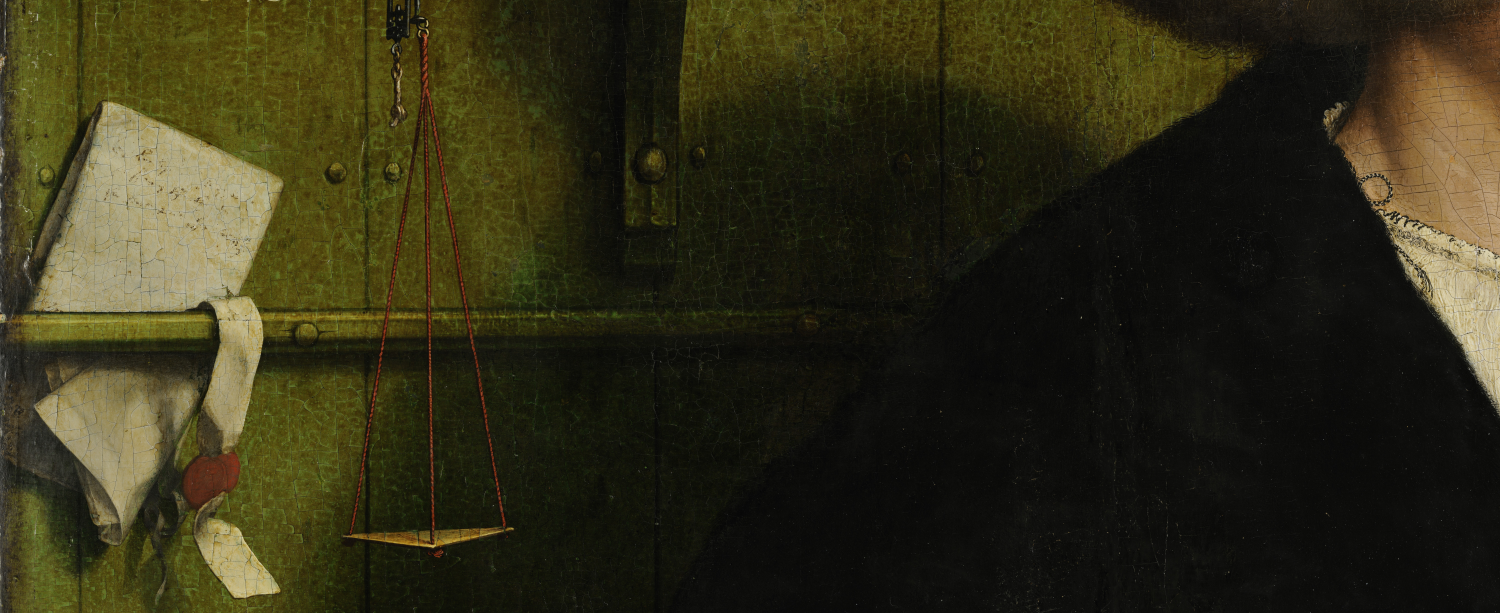The Logic of Political Conflict (Lantschner)
Justyna Wubs-MrozewiczIt might be king’s day in the Netherlands but that cannot stop our urban #microreview! Today’s topic is Patrick Lantschner’s ‘The Logic of Political Conflict in Medieval Cities.’ Apart from being packed full with – sometimes overwhelming amounts of – sources and ideas, it is Lantschner’s methodological basis that provides #RetroConflictsInspirations.
Medieval cities were polycentric; they consisted of several (ooverlapping) political and legal units: neighbourhoods, guilds, factions, and so on. In such a landscape of political and legal pluralism, modern narratives of centralized order become misleading. Or: seen through the lens of urban polycentrism, conflicts in the city no longer simply appear as a disruption to an exiting order. Thus, instead of asking how conflicts were resolved and society returned to order, Lantschner concentrates on the process, on how conflicts were managed. While this idea forms a red threat in our project (as in previous microreviews), Lantschner’s focus on polycentrism could also provide new ideas for looking at the #Hanse which in its own way resists concepts of order and centralization.[....]
